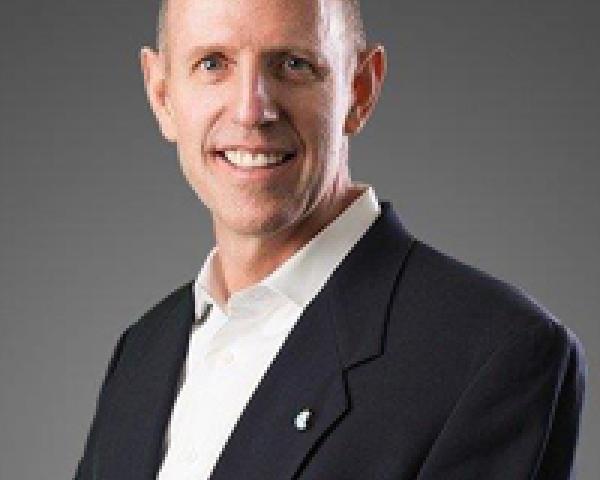The healthcare industry is changing – same old headline. Since we’ve been in the industry, the “unsustainable” cost increases have been the talk every year, yet somehow we have not reached a tipping point. So what’s different now? How has ACA affected the healthcare industry, and more specifically the insurance companies?
The drafters of ACA set up a perfect adverse-selection scenario: Come one, come all, with no questions asked. First objective met: 20 million individuals now have coverage.
Next objective: Provide accurate pricing for these newly insured.
Insurance companies have teams of individuals who assess risk, so they can establish an appropriate price for the insurance protection. We experience this underwriting process with every type of insurance – home, life, auto. In fact, we see this process with every financial institution, like banks, mortgage companies and credit card companies. If a financial institution is to serve (and an insurance company is a financial entity), it has to manage risks, e.g., lend money to people who can repay the loan. Without the ability to assess the risk of the 20 million individuals, should we be surprised that one national insurance carrier lost $475 million in 2015, while another lost $657 million on ACA-compliant plans?
If you’re running a business and a specific line has losses, your choices are pretty clear – either clean it up or get out.
See Also: Healthcare Quality and How to Define It
Risk selection is complex. When you add this complexity to the dynamics of network contracting tied to membership scale, there is a reason why numerous companies have decided to get out of health insurance. In 1975, there were more than 2,000 companies selling true health insurance plans, and now there are far fewer selling true health insurance to the commercial population. Among the ones that got out were some big names – MetLife, Prudential, Travelers, NYLife, Equitable, Mutual of Omaha, etc. And now we’re about to be down to a few national carriers, which is consistent with other industries – airline, telecommunications, banking, etc.
Let’s play this one out for the 20 million newly covered individuals. The insurance companies have significant losses on ACA-compliant plans. Their next step – assess the enrolled risk and determine if they can cover the expected costs. For those carriers that decide to continue offering ACA-compliant plans, they will adjust the premiums accordingly. While the first-year enrollees are lulled into the relief of coverage, they then get hit with either a large increase or a notice to find another carrier. In some markets, the newly insured may be down to only one carrier option. The reason most individuals do not opt for medical coverage is that they can’t afford it. If premiums increase 15% or more, how many of the 20 million have to drop coverage because premiums are too expensive? Do we start the uninsured cycle all over again?
Net net, ACA has enabled more people to have health insurance, but at prices that are even less sustainable than before. ACA offers a web of subsidies to low-income people, which simply means each of us, including businesses, will be paying for part or all of their premium through taxes. As companies compete globally, this additional tax burden will affect the cost of services being sold. As our individual taxes increases, we reduce our spending. While ACA has the right intention of expanded coverage, the unintended consequences of the additional cost burden on businesses and individuals will have an impact on job growth.
While it’s hard for anyone to dispute the benefits of insurance for everyone, we first need to address the drivers behind the high cost of healthcare, so we can get the health insurance prices more affordable. Unfortunately, ACA steered us further in the wrong direction. Self-insured employers are the key to lead the way in true reform of the cost and quality of healthcare.



